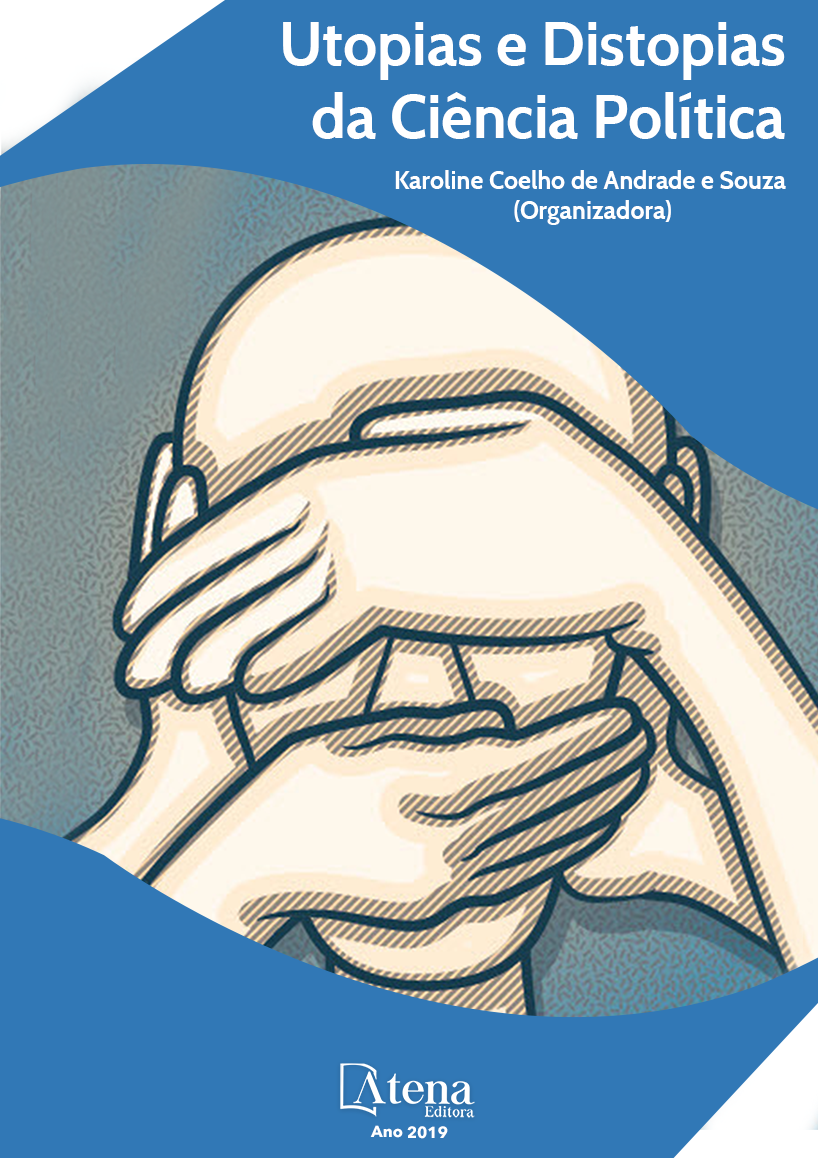
POSSESSÕES DEMONÍACAS EM MICHEL DE CERTEAU: ELABORAÇÕES IMAGINÁRIAS DO MALIGNO NO CONFRONTO COM A ALTERIDADE
Este estudo analisa as
aproximações promovidas pela escrita
de Michel de Certeau, entre a história, a
psicanálise e a mística, no que tange às
investigações deste autor sobre casos de
Possessão. Estes seriam casos em que o
sujeito se vê diante de uma crise individual
ou sócio-cultural, defrontando-se com uma
alteridade que o desestabiliza, tensionando
todos os seus significados e valores. Tal
desequilíbrio produziria uma sensação de
ausência, colocando o sujeito em um estado
de profundo padecimento. Na historia, esta
ausência seria o Outro do passado, na mística
o Outro divino, metafísico, e na psicanálise o
Outro recalcado em si mesmo que retorna.
Toma-se aqui, como referência, três casos de
personagens estudados por Michel de Certeau:
Daniel Paul Schreber (Século XIX), Jeanne des
Anges e Christoph Haizmann (estes últimos do
século XVII). Nas histórias destes sujeitos, que
viveram fenômenos de possessão demoníaca,
a alteridade com a qual eles lidavam ganhava
a forma de uma figura maligna, a qual,
tradicionalmente na cultura Ocidental, aparece
sob o signo de “demoníaco”.
Os três domínios de conhecimento também se
aproximam na reorganização da subjetividade
do sujeito padecente depois do confronto com
a alteridade. Ocorre que o testemunho dado
por ele o faz se aliar ao outro de forma que
lhe restitui de sua subjetividade depreciada,
aniquilada. Parte, então, de si a reconstrução
de seu mundo ao relatar o que passou através
de um testemunho historiográfico, ou por um
tratamento psicanalítico, ou através de uma
escuta espiritual.
POSSESSÕES DEMONÍACAS EM MICHEL DE CERTEAU: ELABORAÇÕES IMAGINÁRIAS DO MALIGNO NO CONFRONTO COM A ALTERIDADE
-
DOI: 10.22533/at.ed.27019160915
-
Palavras-chave: would produce a sense of absence, putting the subject into a state of deep suffering. In history, this absence would be the Other of the past, in the mystic the other divine, metaphysical, and in psychoanalysis the Other repressed in itself that returns. Is taken here, as reference, three cases of characters studied by Michel de Certeau: Daniel Paul Schreber (19th century), Jeanne des Anges and Christoph Haizmann (both from the 17th century). In the stories of these subjects, who lived phenomena of demonic possession, the otherness with which they dealt took the form of an evil figure, which, traditionally in Western culture, appears under the sign of “demonic”. The three domains of knowledge also approach the reorganization of the subjectivity of the suffering subject after the confrontation with the otherness. It happens that the testimony given by him makes him ally to the other in a way that restores him from his depreciated, annihilated subjectivity. It then confers on itself the reconstruction of his world by relating what has passed through a historiographic testimony, or by a psychoanalytic treatment, or by a spiritual listening
-
Keywords: Michel de Certeau, interdisciplinarity, possession.
-
Abstract:
This study analyzes the
approaches promoted by the writing of Michel de
Certeau, between history, psychoanalysis and
mysticism, regarding the investigations of this
author on cases of Possession. These would
be cases in which the individual is faced with
an individual or socio-cultural crisis, confronted
with an alterity that destabilizes him, stressing
all his meanings and values. Such an imbalance would produce a sense of absence, putting the subject into a state of deep suffering.
In history, this absence would be the Other of the past, in the mystic the other divine,
metaphysical, and in psychoanalysis the Other repressed in itself that returns.
Is taken here, as reference, three cases of characters studied by Michel de Certeau:
Daniel Paul Schreber (19th century), Jeanne des Anges and Christoph Haizmann
(both from the 17th century). In the stories of these subjects, who lived phenomena of
demonic possession, the otherness with which they dealt took the form of an evil figure,
which, traditionally in Western culture, appears under the sign of “demonic”.
The three domains of knowledge also approach the reorganization of the subjectivity
of the suffering subject after the confrontation with the otherness. It happens that the
testimony given by him makes him ally to the other in a way that restores him from
his depreciated, annihilated subjectivity. It then confers on itself the reconstruction of
his world by relating what has passed through a historiographic testimony, or by a
psychoanalytic treatment, or by a spiritual listening
-
Número de páginas: 15
- Larissa de Assis Pimenta Rodrigues


